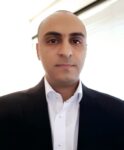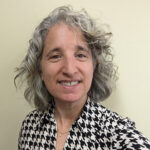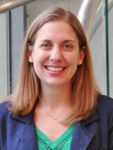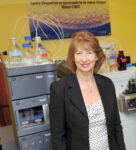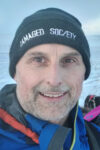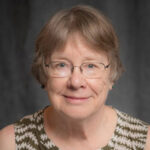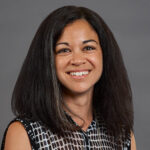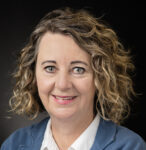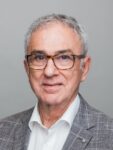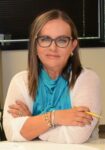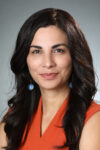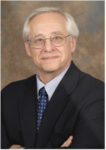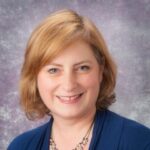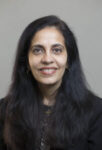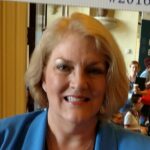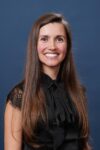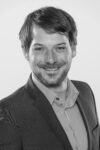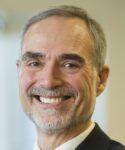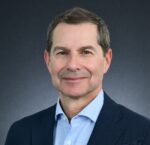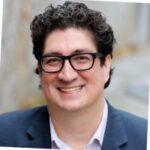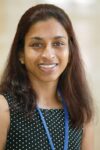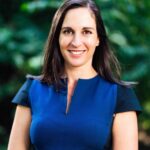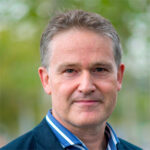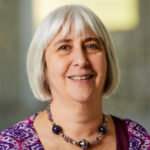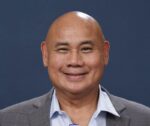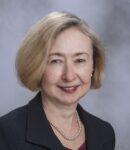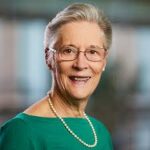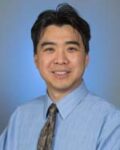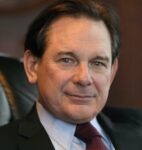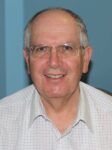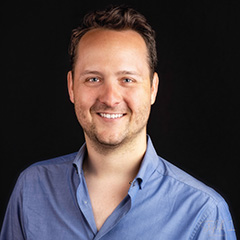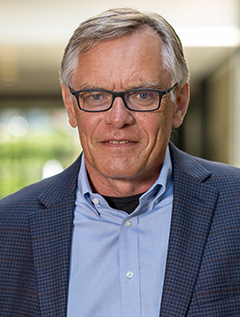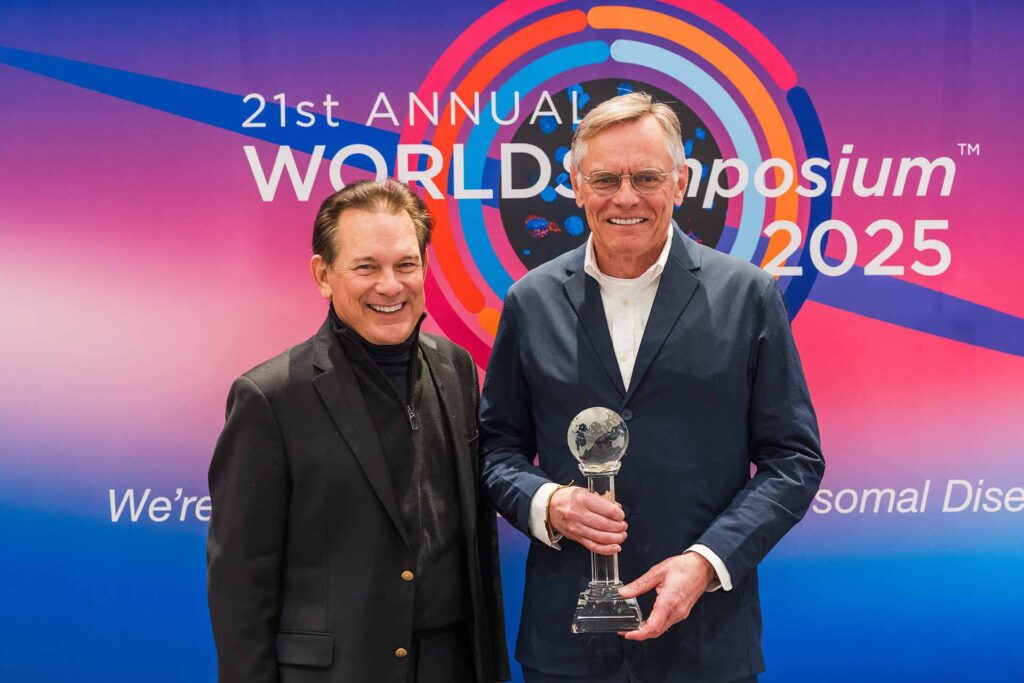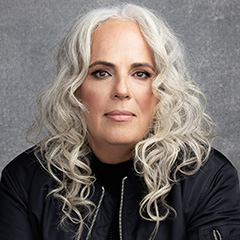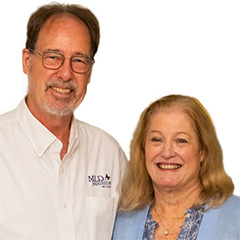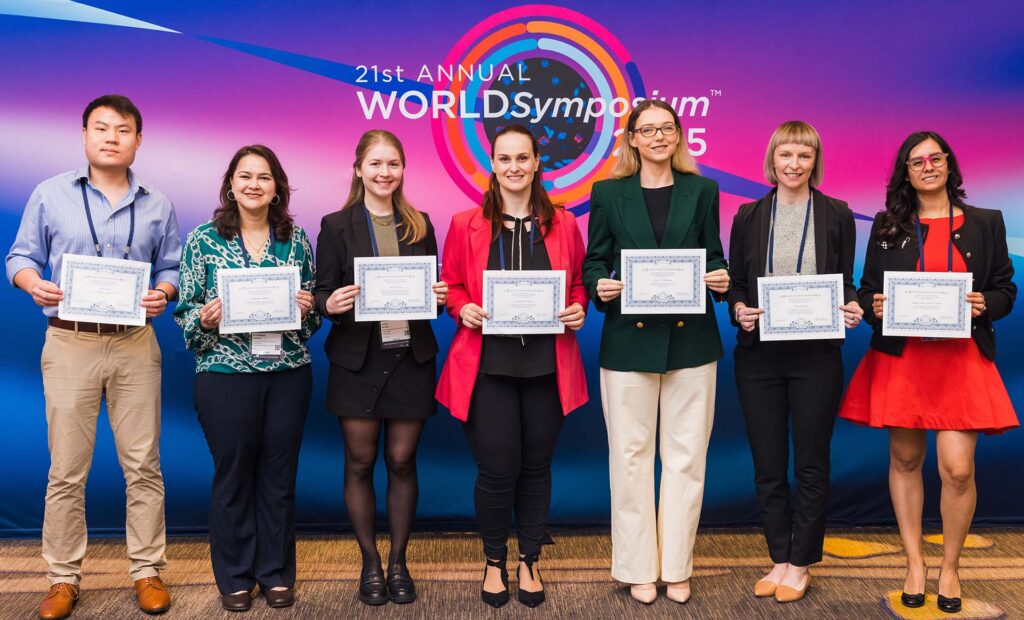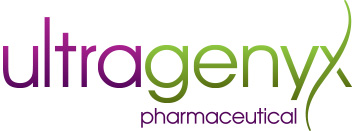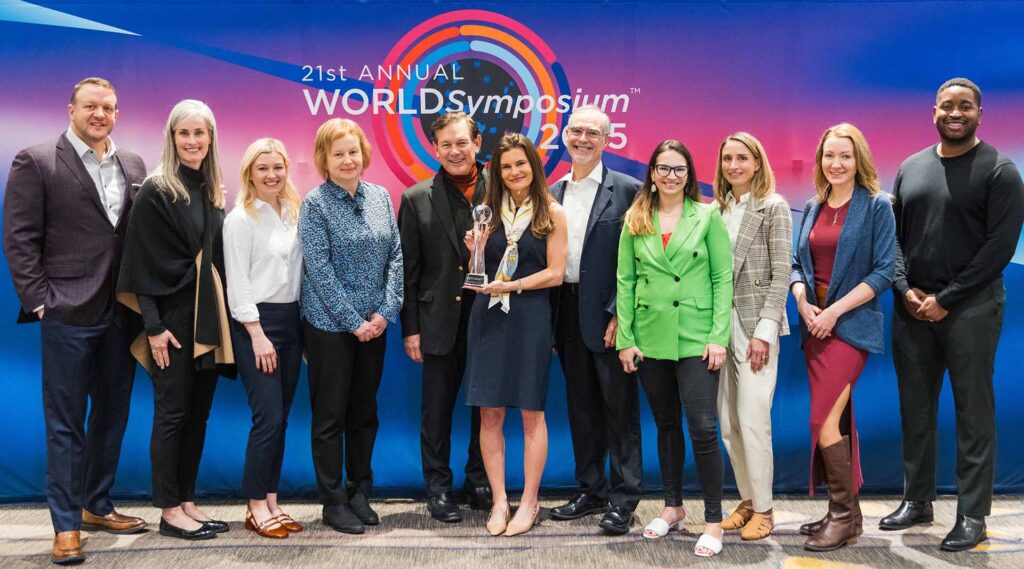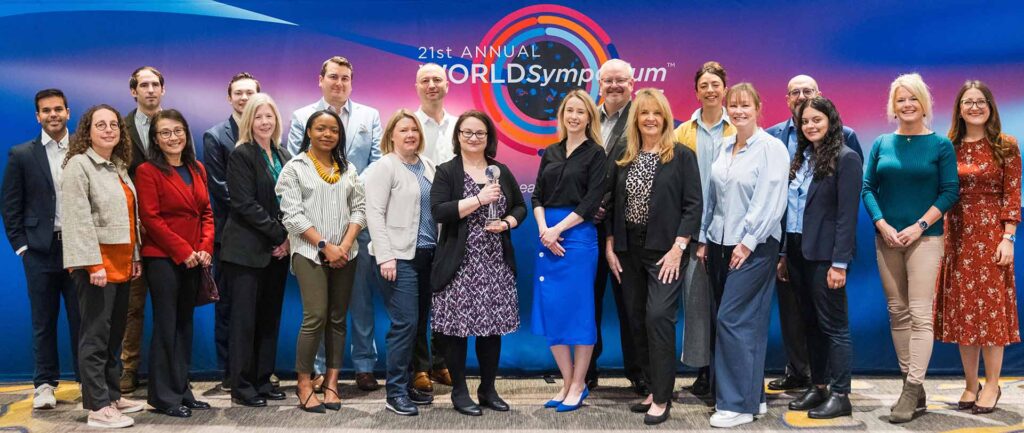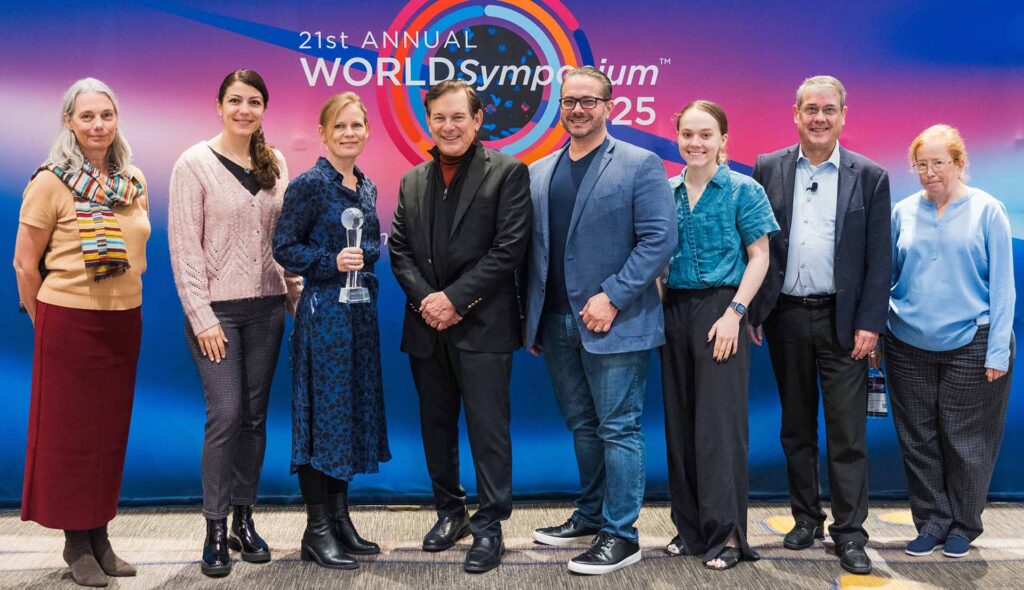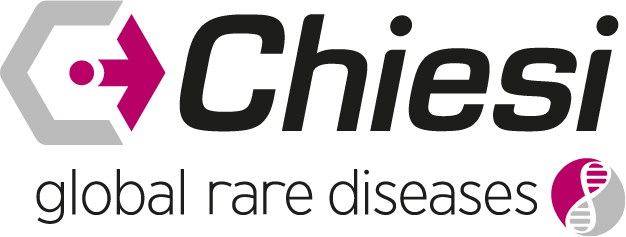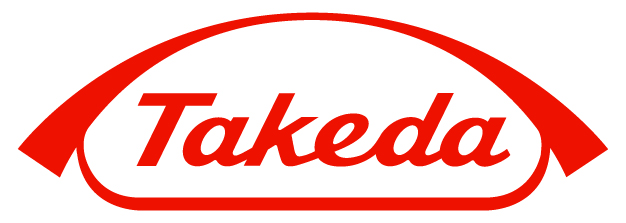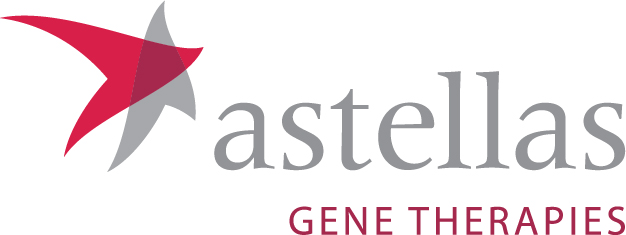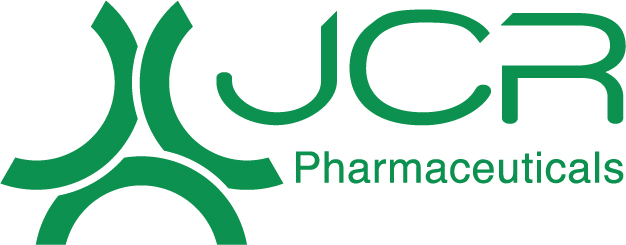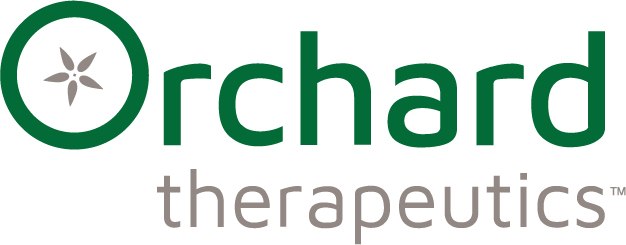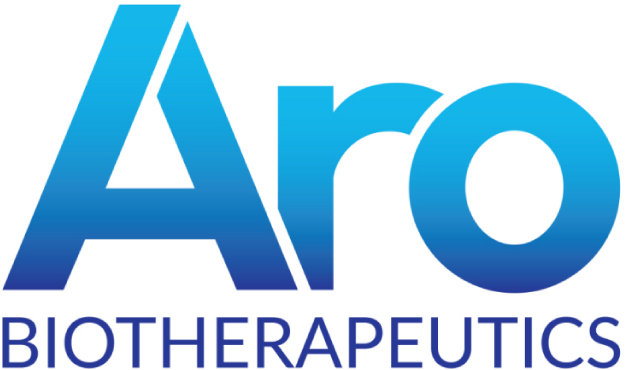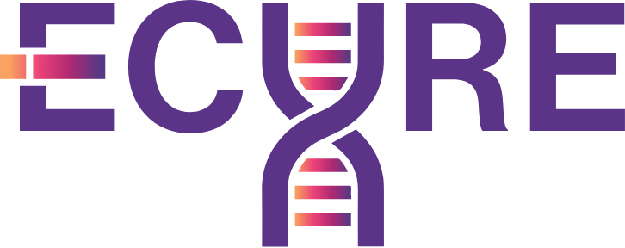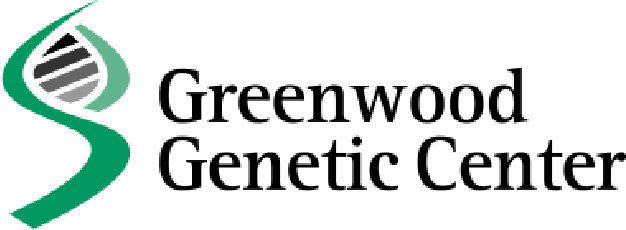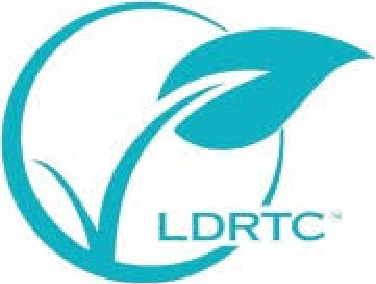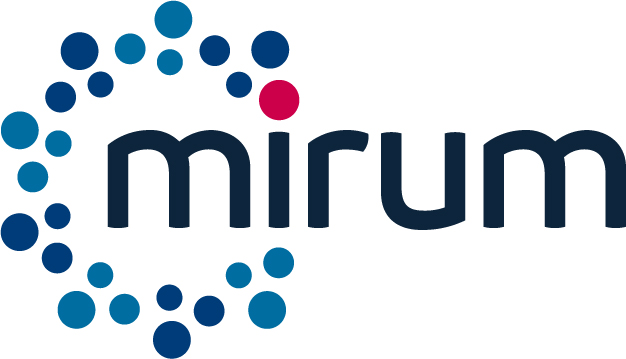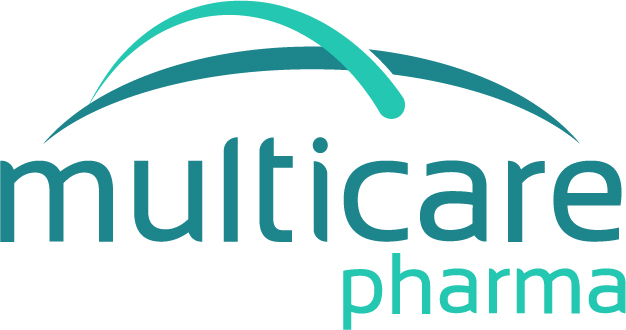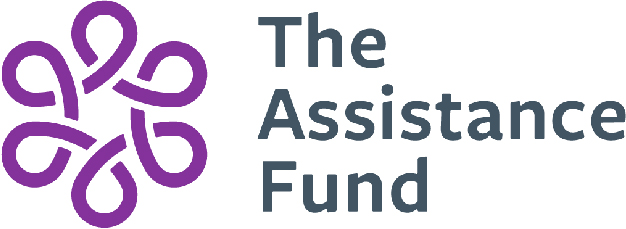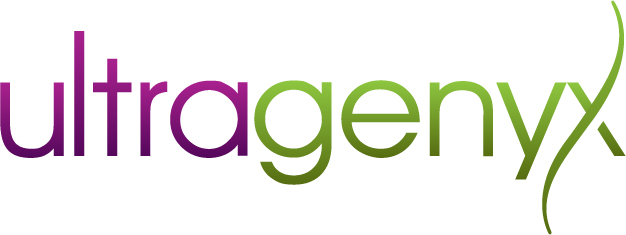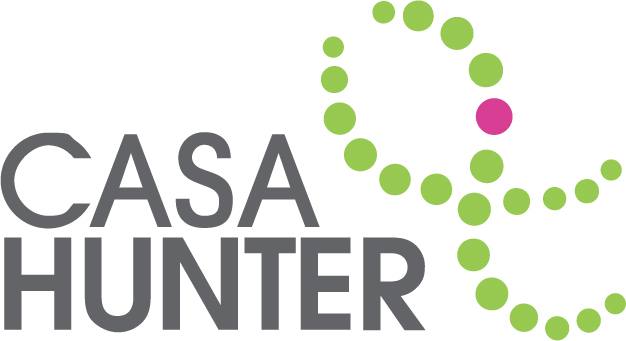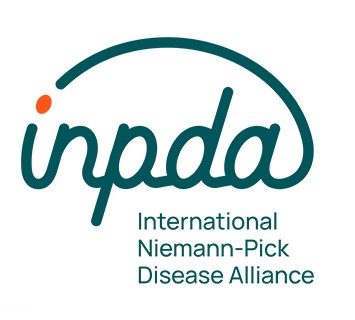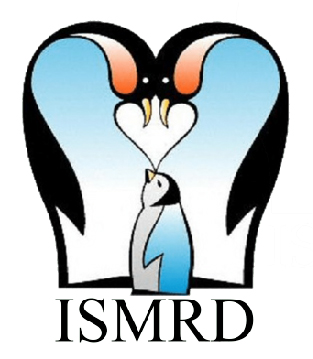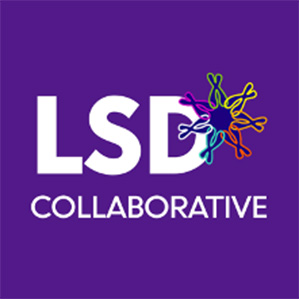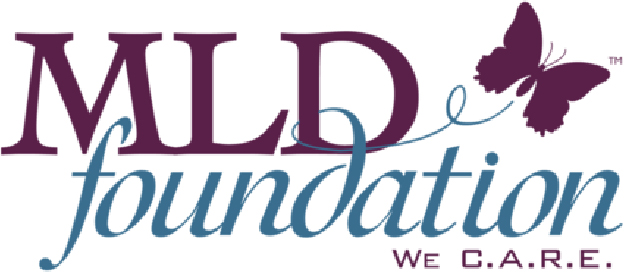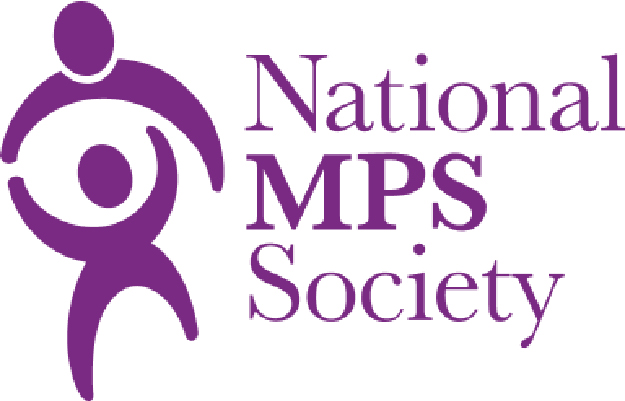WORLDSymposium™ 2025 Preliminary Program on Lysosomal Diseases
On Monday afternoon, WORLDSymposium presented an exciting program, The Patient Voice 2025: Inequities in Access to Diagnosis, Care and Clinical Trials in Lysosomal Diseases The goal of this 1-hour CE-session is to discuss population inclusion and access to care and clinical trials regardless of diversity and socioeconomics, with a focus on improving patient care globally.
Following the Patient Voice session, the 3rd Annual Speed Mentoring Event offered a once-in-a-lifetime opportunity for attendees to meet with a wide variety of leaders and icons from the lysosomal and rare disease space. The evening concluded by celebrating 21 Years of WORLDSymposium, with the 3rd Annual “Be the Catalyst” event, an exciting event, open to all WORLDSymposium participants. This event provided opportunities to participate in all of the fun scheduled group photos, reconnect with colleagues, make new connections, establish new relationships, welcome new attendees, and celebrate the achievements of past and present WORLDSymposium Award Recipients. Download the WORLDSymposium 2025 program (PDF 200KB).
| The Patient Voice 2025 | Inequities in Access to Diagnosis, Care and Clinical Trials in Lysosomal Diseases | |
| 15:00 | Terri Klein (Chair) National MPS Society Durham, North Carolina, USA | Welcome & Introduction |
| 15:05 | Cyndi Frank Co-President, Co-Founder Gaucher Community Alliance Sonoma, California, USA | A Patient’s Perspective |
| 15:20 | Jenifer Waldrop Rare Disease Diversity Coalition (RDDC) Denver, Colorado, USA | The Inequities in the Rare Disease Community |
| 15:35 | Terri Klein National MPS Society Durham, North Carolina, USA | From Awareness to Action: Equity in Rare Disease Outcomes |
| 15:50 | Panel Discussion and Audience Q&A | |
| 16:00 | Adjourn | |
| 16:30 | Speed Mentoring | |
| 18:00 | Be the Catalyst Event |
After the presentation of the Innovation Award, the formal scientific sessions of WORLDSymposium 2025 officially began with presentations on laboratory research for lysosomal disease. Presentations during the Basic Science sessions are designed to improve our understanding or prediction of the phenomena involved in lysosomal pathology at a molecular, cellular, and animal model level in order to forwardly think about diagnosis and treatment of lysosomal conditions. These Basic Science sessions are always innovative and present the latest findings in the field. Download the WORLDSymposium 2025 program (PDF 200KB).
Basic Science
Co-Chairs: Lalitha Belur, Michael Przybilla, Dan Tagle
| 06:45 | Satellite Symposia | |
| 08:00 | Chester B. Whitley University of Minnesota Minneapolis, MN, United States | Welcome and Announcements Presentation of 2025 Roscoe O. Brady Award to James M. Wilson |
| James M. Wilson GEMMABio Philadelphia, PA, United States | Roscoe O. Brady Award Presentation Lysosomal Diseases: A paradigm for personalized medicine | |
| 08:30 | Françoise Piguet Paris Brain Institute Paris, France | Development and validation of an intravenous AAV gene therapy for mucopolysaccharidosis type IIIB in mouse and dog model of the pathology |
| Pratikshya Adhikari The University of North Carolina at Chapel Hill Chapel Hill, NC, United States | AAV9-based gene replacement therapy targeting the root cause for the treatment of MPS IIID in mice *2025 Young Investigator Award Recipient | |
| Andres Felipe Leal Nemours Children’s Health Wilmington, DE, United States | Uncovering mitochondrial disturbances in MPS IVA chondrocytes *2025 Young Investigator Award Recipient | |
| Angelica Maria Herreno Pachon University of Delaware Wilmington, DE, United States | CRISPR/Cas9-edited hematopoietic stem cells rescue MPS IVA fibroblasts phenotype *2025 Young Investigator Award Recipient | |
| Moderated Q&A | Piguet, Adhikari, Leal, Herreno Pachon | |
| 09:30 | Lachlan J. Smith University of Pennsylvania Philadelphia, PA, United States | Postnatal progression of skeletal disease in mucopolysaccharidosis type VI dogs: Preliminary findings |
| Maria Fuller SA Pathology North Adelaide, Australia | Utility of signature specific biomarkers for the mucopolysaccharidoses: 8 years experience in the diagnostic laboratory | |
| Shih-Chang Hsueh Columbia University Irving Medical Center New York, NY, United States | A cyclic oligosaccharide structure as a novel therapeutic strategy for Krabbe disease | |
| Rachel Wurth Mayo Clinic Rochester, MN, United States | Characterizing and validating the small molecule signature of Krabbe disease plasma using untargeted metabolomics analysis | |
| Moderated Q&A | Smith, Fuller, Hsueh, Wurth | |
| 10:30 | Break | |
| 11:00 | Chester B. Whitley University of Minnesota Minneapolis, MN, United States | PS Gene-editing system corrects the CNS with blood-brain barrier penetrant ApoE-enzymes |
| Ewa A. Ziolkowska Washington University School of Medicine St. Louis, MO, United States | Treatment of dysphagia associated pathologies in CLN3 deficient mice via gene therapy *2025 Young Investigator Award Recipient | |
| Nathan Phan University of Minnesota Minneapolis, MN, United States | Biomarker potential of allele-specific extracellular vesicles in Gaucher disease | |
| Parisa Amirifar Duke University Medical Center Durham, NC, United States | Enzyme replacement therapy (ERT) combined with transient low-dose methotrexate (TLD-MTX) results in age- and disease-dependent immune profile changes in infantile- vs. late-onset Pompe disease patients | |
| Moderated Q&A | Whitley, Ziolkowska, Phan, Amirifar | |
| 12:00 | Break and Satellite Symposia | |
| 13:30 | Allan Feng Stanford University Stanford, CA, United States | A novel murine model for neuronopathic Gaucher disease *2025 Young Investigator Award Recipient |
| Shu Xing Yale University School of Medicine New Haven, CT, United States | Apoe-Abca1 axis is involved in the pathogenesis of Gaucher disease | |
| Luisa Natalia Pimentel Vera Stanford University Palo Alto, CA, United States | Correction of GD1 pathology by genome edited murine hematopoietic stem cell transplantation | |
| Magali Pettazzoni Lyon University Hospital Lyon, France | When technology improves diagnosis: Incidental discovery of ASMD in patients suspected with Gaucher disease | |
| Moderated Q&A | Feng, Xing, Pimentel Vera, Pettazzoni | |
| 14:30 | David Dmitrivich Smerkous University of Washington Seattle, WA, United States | Quantification of globotriaosylceramide (GL3) in peritubular capillary endothelial cells (PTCEC) in kidney biopsies from patients with Fabry disease using machine learning |
| Abdullah Hoter University of Veterinary Medicine Hannover Hannover, Germany | Cellular uptake and function of recombinant pegunigalsidase alfa in fibroblasts from Fabry patients | |
| Anna Reinelt University Medical Center Hamburg-Eppendorf Hamburg, Germany | Advancing cardiac disease modeling in Fabry cardiomyopathy by utilizing patient-derived induced pluripotent stem cells, heart organoids, and engineered heart tissue *2025 Young Investigator Award Recipient | |
| Malte Lenders University Hospital Muenster Muenster, Germany | Biochemical amenability in Fabry disease patients under chaperone therapy – how and when to test | |
| Moderated Q&A | Smerkous, Hoter, Reinelt, Lenders | |
| 15:30 | Poster Session | Exhibit Hall (Seaport Ballroom) |
| 15:45 | Industry Expert Theater | Palm Foyer |
| 17:45 | Satellite Symposia |
After the presentation of the 2025 Young Investigator Awards and the Patient Advocate Leader (PAL) awards, the entirety of the research presentations on Wednesday are dedicated to the Translational Research category. In 2025, many of the presentations were dedicated to research topics in gene therapy, including innovations occurring in genetic therapeutic approaches in translation from laboratory to the clinic. Download the WORLDSymposium 2025 program (PDF 200KB).
Translational Research
Co-Chairs: Tierra Bobo, PJ Brooks, Francyne Kubaski
| 06:45 | Satellite Symposia | |
| 08:00 | Chester B. Whitley University of Minnesota Minneapolis, MN, United States | Welcome and Announcements Presentation of 2025 Patient Advocate Leader (PAL) Award to Maria Kefalas, Dean Suhr and Teryn Suhr and 2025 Young Investigator Awards Presentation |
| 08:30 | Edina Poletto Stanford University Stanford, CA, United States | Investigational new drug-enabling studies for genome-edited hematopoietic stem cells to treat mucopolysaccharidosis type I |
| Roselena S. Schuh Federal University of Rio Grande do Sul Porto Alegre, Brazil | Evaluation of off-target events after an intravenous injection of liposomal CRISPR/Cas9 complex in vivo *2025 Young Investigator Award Recipient | |
| Troy Lund University of Minnesota Minneapolis, MN, United States | Changes in CSF GAG after intravenous enzyme replacement therapy | |
| Kim M. Hemsley Flinders University Bedford Park, Australia | Short-term daily treatment of MPS IIIA mice with rosmarinic acid is neuroprotective. | |
| Moderated Q&A | Poletto, Schuh, Lund, Hemsley | |
| 09:30 | Brian Bigger University of Edinburgh Edinburgh, United Kingdom | Long-term HSC gene therapy in mucopolysaccharidosis type IIIB mice corrects disease with no evidence of insertional mutagenesis despite high vector copy numbers |
| Betul Celik University of Delaware Newark, DE, United States | In vivo direct bone targeting lentiviral gene therapy for MPS IVA murine model | |
| Sampurna Saikia University of Delaware Newark, DE, United States | Immune modulation for AAV-9 gene therapy by oral administration of peptides for GALNS enables the vector re-administration in MPS IVA | |
| Karthikeyan Rajagopal University of Pennsylvania Philadelphia, PA, United States | In vitro development and in vivo evaluation of intra-articular GUSB mRNA therapy for mucopolysaccharidosis type VII | |
| Moderated Q&A | Bigger, Celik, Saikia, Rajagopal | |
| 10:30 | Break and Exhibits | |
| 11:00 | Alberto B. Burlina University Hospital of Padua Padua, Italy | Neonatal screening for Fabry disease and long-term follow-up: The role of plasma globotriaosylsphingosine (LysoGb3) assay |
| Paige Nowlin Brigham and Women’s Hospital Boston, MA, United States | Enabling CNS delivery of rhGAA in GAA -/- mice using focused ultrasound | |
| Robert J. Hopkin Cincinnati Children’s Hospital Medical Center Cincinnati, OH, United States | Miglustat: A first-in-class enzyme stabilizer for late-onset Pompe disease | |
| Aimee Donald University of Manchester Manchester, United Kingdom | Two hundred and fifty cases of “Gaucher disease type 2”: A novel system of clinical categorization and evidence of genotype:phenotype correlation *2025 Young Investigator Award Recipient | |
| Moderated Q&A | Burlina, Nowlin, Hopkin, Donald | |
| 12:00 | Break, Exhibits and Satellite Symposia | |
| 13:30 | Patrick B. Deegan Addenbrooke’s Hospital Cambridge, United Kingdom | Algorithmic case finding approaches for Gaucher disease type 1 in primary care records |
| Pasqualina Colella Stanford University Palo Alto, CA, United States | Genome-edited autologous stem cell transplantation with enhanced brain conditioning to correct progranulin deficiency | |
| Akhil Kulkarni National Human Genome Research Institute, National Institutes of Health Bethesda, MD, United States | A novel AAV-based gene therapy strategy reverses lethality in a murine model of neuronopathic Gaucher disease | |
| Krystyna Noelle Rytel National Human Genome Research Institute, National Institutes of Health Bethesda, MD, United States | A genome-wide CRISPR activation screen to identify beta-glucocerebrosidase modifiers *2025 Young Investigator Award Recipient | |
| Moderated Q&A | Deegan, Colella, Kulkarni, Rytel | |
| 14:30 | Keerthana Iyer University of Pennsylvania Philadelphia, PA, United States | Porous microcarriers for sustained delivery of mRNA-lipid nanoparticles to treat joint disease in the mucopolysaccharidoses |
| Michael J. Przybilla University of Minnesota Minneapolis, MN, United States | Improving blood-brain barrier penetration in Hurler syndrome using an IDUA-ApoE fusion enzyme delivered via the PS Gene Editing System | |
| Megan Joy Clarke Albert Einstein College of Medicine/Children’s Hospital at Montefiore Bronx, NY, United States | Screenplus: An assay-based multi-tiered testing model for expanded NBS | |
| Dau-Ming Niu Taipei Veterans General Hospital Taipei, Taiwan | Applications of a rapid real time analysis system for whole genome/exome sequencing in newborn screening | |
| Moderated Q&A | Iyer, Przybilla, Clarke, Niu | |
| 15:30 | Poster Session | Exhibit Hall (Seaport Ballroom) |
| 15:45 | Industry Expert Theater | Palm Foyer |
| 17:45 | Satellite Symposia |
Thursday began with a keynote address from Dr. Peter Marks: “Advancing the Frontier of Gene Therapy.” Following Dr. Marks’ address, the presentations shift to Clinical Applications, including abstracts on Clinical Trials for Registration. Abstracts presented in this category had a US FDA Investigational New Drug (IND) application for a phase I-III clinical trial or hold an EMA Investigational Medicinal Product Dossier (IMPD) or equivalent. Clinical Outcomes abstracts were also presented. Download the WORLDSymposium 2025 program (PDF 200KB).
Clinical Applications
Co-Chairs: Uma Ramaswami, Filippo Vairo, Ray Wang
| 06:45 | Satellite Symposia | |
| 08:00 | Chester B. Whitley University of Minnesota Minneapolis, MN, United States | Welcome and Keynote Speaker Introduction |
| Peter Marks Center for Biologics Evaluation and Research US Food & Drug Administration (FDA) Silver Spring, MD, United States | Keynote Address: Advancing the Frontier of Gene Therapy | |
| 08:30 | Connor J. Lewis National Human Genome Research Institute, National Institutes of Health Bethesda, MD, United States | Volumetric magnetic resonance imaging and diffusion tensor imaging metrics correlate with clinical outcomes following gene therapy in GM1 gangliosidosis patients *2025 Young Investigator Award Recipient |
| Joseph Muenzer University of North Carolina Chapel Hill Chapel Hill, NC, United States | Interim analysis of the efficacy and safety of weekly intravenous tividenofusp alfa in mucopolysaccharidosis type II (MPS II): A phase 1/2 study | |
| Paul Harmatz UCSF Benioff Children’s Hospital Oakland, CA, United States | Campsiite® phase I/II/III: an interim clinical study update of RGX-121, an investigational gene therapy for the treatment of neuronopathic mucopolysaccharidosis type II (MPS II) | |
| Mark Thomas Royal Perth Hospital Perth, Australia | Phase 1/2 clinical trial evaluating 4D-310 in adults with Fabry disease cardiomyopathy: Interim analysis of cardiac and safety outcomes in patients with 21-42 months of follow up | |
| Moderated Q&A | Lewis, Muenzer, Harmatz, Thomas | |
| 09:30 | Derralynn Hughes Royal Free London NHS Foundation Trust London, United Kingdom | Isaralgagene civaparvovec (ST-920) gene therapy in adults with Fabry disease: Updated results from an ongoing phase 1/2 study (STAAR) |
| Alessandro Burlina St. Bassiano Hospital Bassano del Grappa, Italy | Reduced incidence of stroke in patients with Fabry disease treated with agalsidase beta: A matched analysis from the Fabry Registry | |
| Christiane Auray-Blais Université de Sherbrooke Sherbrooke, QC, Canada | Fabry disease biomarker evaluation during a five-year gene therapy clinical trial | |
| Aneal Khan M.A.G.I.C. Clinic Ltd Calgary, AB, Canada | Lentiviral gene therapy for Fabry disease – 5 year end of study analysis for the FACTS trial | |
| Moderated Q&A | Hughes, Burlina, Auray-Blais, Khan | |
| 10:30 | Break and Exhibits | |
| 11:00 | Maria Ester Bernardo San Raffaele Telethon Institute for Gene Therapy Milan, Italy | Hematopoietic stem cell gene therapy for mucopolysaccharidosis type I-Hurler syndrome (OTL-203): Interim skeletal, neurological and systemic outcomes from a phase I/II study |
| Francesca Fumagalli IRCCS San Raffaele Scientific Institute Milan, Italy | Atidarsagene autotemcel (autologous hematopoietic stem cell gene therapy) preserves cognition, language, and speech and slows brain demyelination and atrophy in early-onset metachromatic leukodystrophy | |
| Tahseen Mozaffar University of California Irvine Irvine, CA, United States | AT845 gene replacement therapy for late-onset Pompe disease: An update on safety and preliminary efficacy data from FORTIS, a phase 1/2 open-label clinical study | |
| Reena Sharma Salford Royal Hospital Salford, United Kingdom | Results from GALILEO1, a first in human clinical trial of FLT201 AAV-gene therapy in adult patients with Gaucher disease type 1 | |
| Moderated Q&A | Bernardo, Fumagalli, Mozaffar, Sharma | |
| 12:00 | Break, Exhibits and Satellite Symposia | |
| 13:30 | Roberto Giugliani Federal University of Rio Grande do Sul Porto Alegre, RS, Brazil | Rainbow study: Phase 2 study of nizubaglustat as an investigational treatment for Niemann-Pick disease type C and GM2 gangliosidosis |
| Tatiana Bremova-Ertl University of Bern Bern, Switzerland | Long-term findings of N-acetyl-L-leucine for Niemann-Pick disease type C | |
| Orna Staretz Chacham Soroka Medical Center Be’er Sheva, Israel | Trappsol® Cyclo™: open label treatment in the transportnpc™ sub-study in patients under the age of 3 diagnosed with Niemann-Pick disease type c1 | |
| Benedikt Schoser Ludwig-Maximilians-University Munich, Germany | Clinically important improvements in 6-minute walk distance (6MWD) and forced vital capacity (FVC) in adults with late-onset Pompe disease (LOPD) switching from alglucosidase alfa (alg) to cipaglucosidase alfa plus miglustat (cipa+mig) in the PROPEL study | |
| Moderated Q&A | Giugliani, Bremova-Ertl, Staretz Chacham, Schoser | |
| 14:30 | Maurizio Scarpa University Hospital of Udine Udine, Italy | Children with chronic acid sphingomyelinase deficiency treated with olipudase alfa for 4+ years show improvements or normalization in multiple disease manifestations: Final results of the ASCEND-Peds trial |
| Melissa Wasserstein The University Hospital for Albert Einstein College of Medicine Bronx, NY, United States | Final results of the ASCEND trial: Continued or sustained improvements in hepatosplenomegaly, respiratory outcomes, and lipid profile after 4 years of olipudase alfa enzyme replacement therapy in adults with acid sphingomyelinase deficiency | |
| Pilar Giraldo Hopital Quirónsalud Zaragoza and Spanish Foundation for Gaucher Disease and other Lysosomal Disorders (FEETEG) Zaragoza, Spain | Efficacy of eliglustat administered with and without imiglucerase in pediatric participants with Gaucher disease type 1 or type 3: The ELIKIDS study | |
| Pramod K. Mistry Yale University School of Medicine New Haven, CT, United States | Long-term outcomes of imiglucerase treatment in children with Gaucher disease type 1 or type 3 starting therapy before the age of 2 years | |
| Moderated Q&A | Scarpa, Wasserstein, Giraldo, Mistry | |
| 15:30 | Poster Session | Exhibit Hall (Seaport Ballroom) |
| 15:45 | Industry Expert Theater | Palm Foyer |
| 17:45 | 4th Annual Robert J. Gorlin Symposium | The Situation Room: Gene Therapy in the Real World |
The fourth research day of the meeting began with the New Treatment Awards. Then, for the sixth year, the Contemporary Forum allowed presentation of scientific abstracts — Basic, Translational, and Clinical — submitted by industry first-author researchers. Although the first three days of WORLDSymposium were accredited and approved for CE credit, Commercial Interests were not eligible for ACCME accreditation. The Contemporary Forum allows commercial interests to present their work to the WORLDSymposium audience, in this non-CE session, while being held to all the same standards as the ACCME accredited sessions and scored for merit and interest by the same Program Committee.
Toward bringing the most recent research to the platform of WORLDSymposium 2025, after the late-breaking abstract submissions close on December 2, 2024, selected late-breaking abstracts were identified by the Program Committee as being suitable for platform presentation. In order to provide access to the “hot-off-the-presses” content from these researchers, late-breaking abstracts were reviewed and scored, and the top-scoring abstracts were selected for presentation during the 2025 meeting. Download the WORLDSymposium 2025 program (PDF 200KB).
Contemporary Forum, Late-breaking Science and the Rapid Fire Competition
Co-Chairs: Elizabeth Braunlin, Roberto Giugliani, Cynthia Tifft
| 07:30 | Chester B. Whitley University of Minnesota Minneapolis, MN, United States | Welcome and New Treatment Awards |
| 08:00 | Heather Ann Lau Ultragenyx Pharmaceutical Inc Novato, CA, United States | Treatment with UX111 gene therapy rapidly reduced heparan sulfate (HS) exposure in cerebrospinal fluid (CSF) and improved long-term cognitive function in children with mucopolysaccharidosis type IIIA (MPS IIIA) |
| Daniel Virga Regeneron Pharmaceuticals Tarrytown, NY, United States | Development of a durable gene therapy for targeting CNS and visceral pathologies in acid sphingomyelinase deficiency | |
| Eugen Mengel SphinCS Hochheim, Germany | Efficacy results from a 12-month double-blind randomised trial of arimoclomol for treatment of Niemann-Pick disease type C- presenting are scored 4-domain NPC clinical severity scale | |
| Tyler Picariello Dyne Therapeutics Waltham, MA, United States | The FORCE™ platform delivers acid alpha-glucosidase to muscle as well as central nervous system and resolves pathology in Pompe disease mice | |
| Moderated Q&A | Lau, Virga, Mengel, Picariello | |
| 09:00 | Frances M. Platt University of Oxford Oxford, United Kingdom | Insights into the mechanism of action of a acetyl-leucine as a therapeutic for lysosomal diseases |
| John A. Bernat University of Iowa Health Care Iowa City, IA, United States | Extending the interval between pegunigalsidase alfa infusions in patients with Fabry disease: Five-year interim results from the ongoing BRIGHT51 study | |
| Paul J. Orchard University of Minnesota Minneapolis, MN, United States | Safety and initial activity of autologous human B cells genetically engineered to express human iduronidase using the Sleeping Beauty transposon system: Results from a first-in-human clinical trial in subjects with MPS I | |
| Christina M. Ohnsman Tern Therapeutics, LLC Washington, DC, United States | Updated interim results from the first-in-human clinical trial of TTX-381, an investigational gene therapy for the treatment of ocular manifestations of CLN2 Batten disease | |
| Moderated Q&A | Platt, Bernat, Orchard, Ohnsman | |
| 10:00 | Break | |
| 10:30 | Yan Ouyang Ruijin Hospital Shanghai, China | Interim results from a phase 2 trial of the GCS inhibitor AL01211 in treatment naïve, classic male Fabry disease patients. |
| Carolina Fischinger Moura De Souza Hospital De Clínicas De Porto Alegre Porto Alegre, Brazil | Two year update from the first-in-human intracisternal dosing of TTX-181 investigational AAV9 gene therapy in a child with late infantile neuronal ceroid lipofuscinosis type 2 (CLN2) | |
| Lara Y. Ruhberg University Medical Center Hamburg-Eppendorf Hamburg, Germany | Long-term and large scale analysis of NfL as biomarker in CLN2 patients treated with cerliponase alfa: Strengths and limitations | |
| Alireza Ayoubi University of Washington Seattle, WA, United States | Imaging flow cytometry (IFC): A novel tool for automated and standardized quantification of urine podocytes and their globotriaosylceramide (GL3) content in Fabry disease | |
| Moderated Q&A | Ouyang, Fischinger Moura De Souza, Ruhberg, Garrison | |
| 11:30 | Break |
Rapid Fire Competition
New in 2025: The fast-paced and energetic Rapid Fire Competition. Format was a 5-minute, 5-slide presentation, followed by 5 minutes of live audience Q&A. Speakers were competing for prizes, and the audience voted for their favorites.
Co-Chairs: Rebecca Ahrens-Nicklas, Amy Gaviglio, Marc Patterson
| 12:30 | Melissa A. Calton 4D Molecular Therapeutics Emeryville, CA, United States | Non-clinical evaluation of 4D-310 in combination with rituximab/sirolimus: A translational study to support adoption of a novel prophylactic immunomodulation regimen in clinical trials in adults with Fabry disease |
| Shiny Nair Yale University School of Medicine New Haven, CT, United States | Molecular cell atlas of the brain in neuronopathic Gaucher disease | |
| Tippi C. MacKenzie University of California San Francisco San Francisco, CA, United States | Interim results from a first in human phase 1 clinical trial of in utero enzyme replacement therapy for lysosomal disorders | |
| Dawn A. Laney Emory University School of Medicine Atlanta, GA, United States | Development and validation of an automated predictive scoring system to identify patients at increased risk for Fabry disease using Japanese electronic cardiac failure data | |
| Emily Eshraghian University of Minnesota Minneapolis, MN, United States | Long term enzyme replacement therapy after hematopoietic stem cell transplant results in immune tolerance and improved biochemical outcomes | |
| Slawomir Wantuch Orchard Therapeutics London, United Kingdom | Correction of glycogen accumulation in muscle, heart and CNS in a pre-clinical model of hematopoietic stem cell gene therapy for Pompe disease | |
| Jennifer Goldstein University of North Carolina at Chapel Hill Chapel Hill, NC, United States | Pseudodeficiency: A poorly defined and misunderstood term in an era of precision medicine | |
| Miles Clark Greenberg University of Minnesota Minneapolis, MN, United States | Heparan sulfate reduction in cerebrospinal fluid is associated with long-term cognitive outcomes in Hurler syndrome | |
| Merve Emecen Sanli UT Southwestern Dallas, TX, United States | Gene replacement therapy for MPS IIIC with AAV9/HGSNAT vector | |
| Karen Bean Orchard Therapeutics London, United Kingdom | Treatment effect of atidarsagene autotemcel (arsa-cel) in age-matched treated vs. untreated sibling pairs with early-onset metachromatic leukodystrophy (MLD) | |
| Volha Skrahina Rare Disease Consulting RCV GmbH Berlin, Germany | Genetic stratification for Parkinson disease subjects for future personalized trails and therapies – Sidransky syndrome a new entity | |
| Michael H. Gelb University of Washington Seattle, WA, United States | Massively parallel biochemical annotation of VOUS for lysosomal disorders | |
| 14:30 | Rapid Fire Abstracts | Voting and Awards |
| 14:40 | WORLDSymposium 2025 Adjourns |

